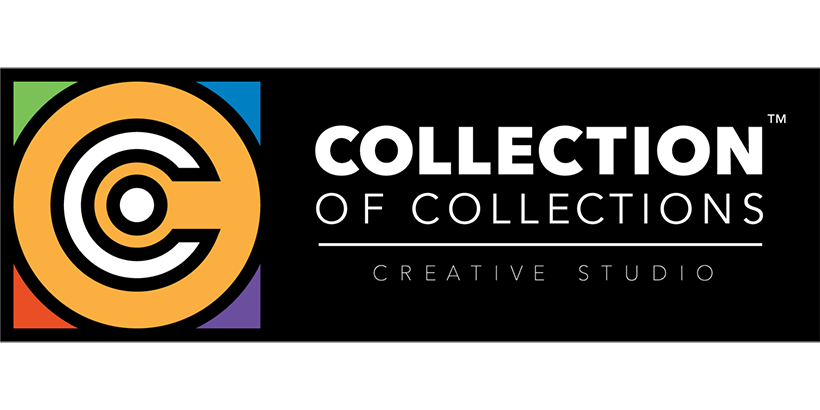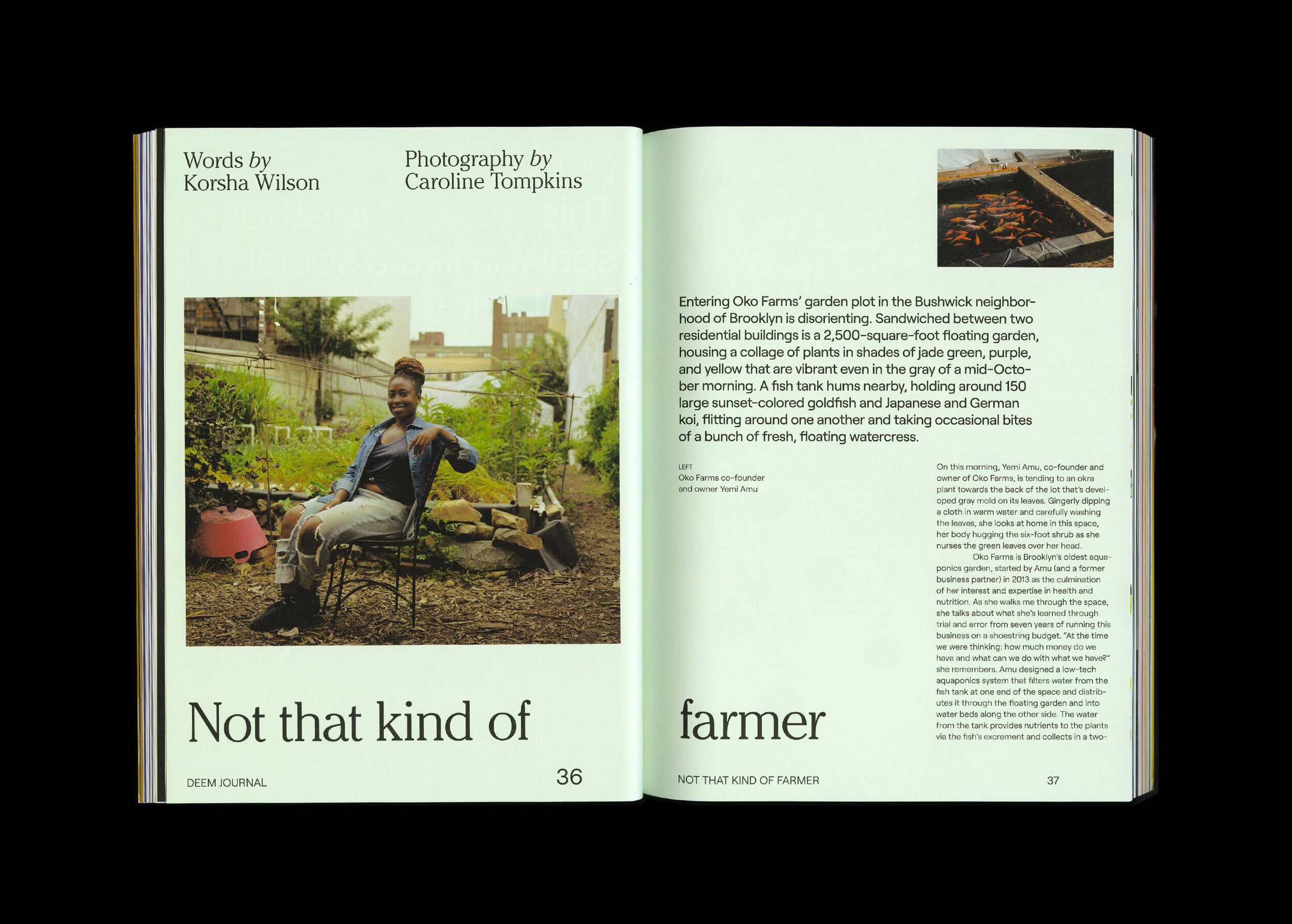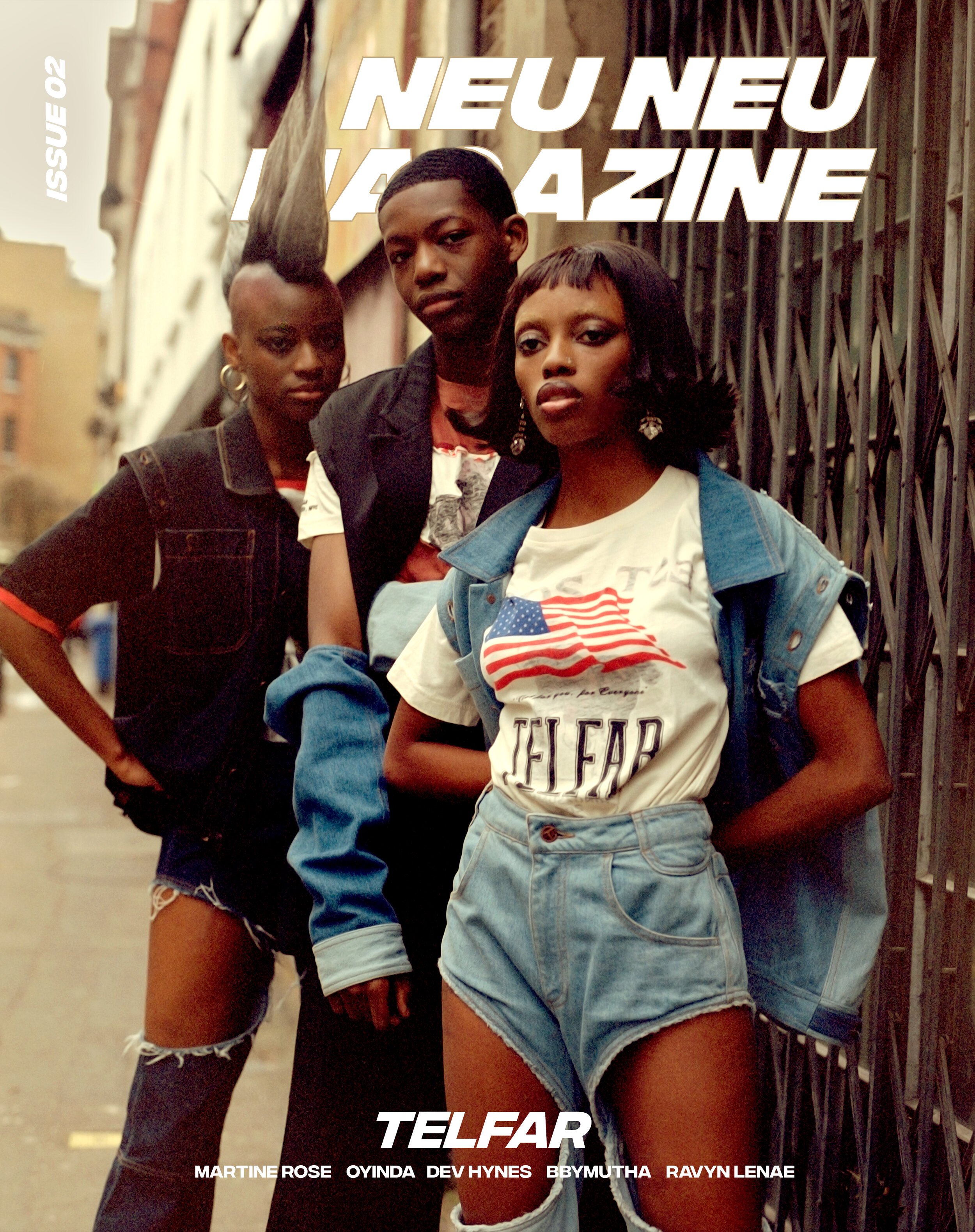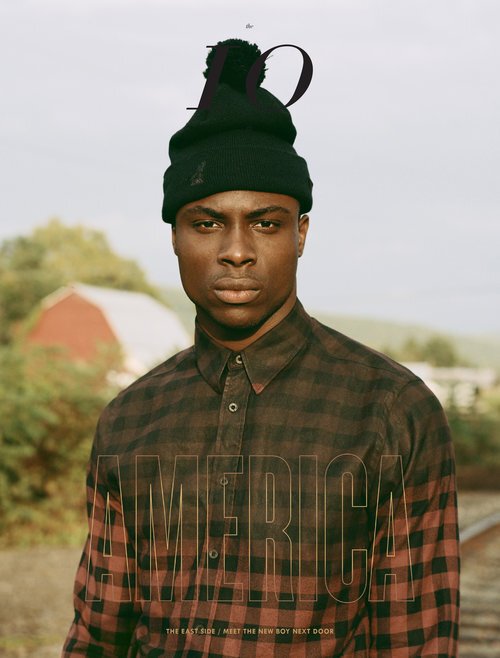From our Collection: Black Independent Magazines
Deem’s interview with Yemi Amu, cofounder and owner of Brooklyn, New York’s Oko Farms written by Korsha Wilson (Courtesy Deem Journal)
One of our most cherished collections, is our collection of independent (indie) magazines*. Since 2012, we’ve amassed a library of magazines covering a wide range of topics. We were buying magazines based on their subject matter, texture, layout, and design. We’ve bought a handful during our travels as a stop in a magazine shop was always on the itinerary.
Is there a term for a magazine lover / collector, like a bibliophile is for books?
Over the years it has been glaring the lack of Black people, culture, history, and our multidimensionality in many of these magazines - from features to photographers to editorial staff. Let alone an independent magazine dedicated TO Black people. This is why we are so excited to share a list of magazines we love centering Blackness.
for the culture
Black women and femmes to the front; for the culture celebrates their role in shaping many culinary traditions past and present. Founder, Klancy Miller, a pastry chef-turned-writer wanted to dedicate a publication to Black women and femmes in the food industry. In this biannual publication, you’ll find stories from restauranteurs, food activists, chefs, sommeliers, food bloggers, and more.
An excerpt from a Food and Wine interview with Founder Klancy Miller:
“Black women really are at the root of kitchens and cuisines in this country from the very beginning,” Miller says. “After Native Americans, it’s Black people. There’s a lot of shaping of culture that Black women have done, and definitely through food. I feel like that continues to happen, but Black women’s stories aren’t centered. I want to see what it would look like if Black women tell these stories, photograph these stories, and illustrate these stories.”
Neu Neu
An annual publication, Neu Neu Magazine aims to change the way Black creativity is showcased. Editor-in-Chief Alexis Noelle Barnett brought together an entirely Black crew to produce the magazine. Each issue explores fashion, art, music, and culture. The digital and print platform is a vehicle for Black folks around the world to see themselves.
An excerpt from an i-D interview with Editor-in-Chief Alexis Noelle Barnett:
It’s about time that black creatives, especially those that don’t enjoy the limelight to the same degree as others, are showcased. It’s a matter of pushing for accurate representation, and that starts with the story that you’re trying to tell and how you’re going to tell it: how will you ensure that the people on your team have an accurate sense of what that story is? Where are the references from? Where and how did that story originate? It doesn’t just come down to having black people on your team. There are so many articles about how black kids are the most influential people on the internet -- they have so much impact and influence on our culture and there’s so much value in that. We’re still at a point where we’re trying to get people to see and understand that value, by putting them both behind and in front of the camera.
Deem
Deem is a biannual print journal and online platform focused on design as social practice. The founders of Deem are Black creatives - Nu Goteh, Alice Grandoit, and Marquise Stillwell. De-colonization and de-westernization of design is at the core of Deem’s mission. It allows readers to engage with human-centric design, think about community-driven solutions, and better understand our histories and imagine our futures.
An excerpt from an Eye on Design interview with Deem’s Founders:
As Marquise Stillwell puts it, the choice of using printed media is a political one: the magazine acts as physical evidence for the stories of underrepresented ideas and cultures—the precious and valuable object that mirrors the inherent value in the lives and spaces of Black, Indigenous, and People of Color. “To deem is to help interpret through the understanding of the process of design,” says Stillwell. “And that allows people to see themselves.”
CRWN
Celebrating all things Black hair, CRWNMAG is changing the mainstream perception of beauty. Each issue shares authentic stories of Black women. When Co-Founders Lindsey and Nikrumah Farrar noticed there weren't any publications dedicated to natural hair they launched a quarterly print magazine. Each issue honors all kinks, coils, curls and the beauty and multidimensionality of Black women.
An excerpt from a LinkedIn article by Co-Founder Lindsey Farrar:
Our hair, and how we feel about it, can be the difference between learning to swim, dancing in the rain or speaking up in a big meeting at work. It can be the difference between self-love and self-hatred. Nikrumah and I envision a world in which all young girls grow up feeling empowered and valuable, not pitted against their sisters in the battle of “bad hair” versus “good hair.” We believe that our community deserves beautiful, authentic representations of our culture — not just trendy hashtags and click bait. We deserve to see ourselves as we are, not through the lens of whitewashed conglomerates. We want young women to flip through CRWN’s pages and finally see themselves.
The Tenth
A biannual publication The Tenth centers the Black queer experience. The name is inspired by W.E.B. DuBois’ early 20th-century concept “The Talented Tenth” - a group of exceptionally gifted Black people and “getting your tens” - a perfect score from judges at a vogue ballroom competition. Founders Khary Septh and Kyle Banks started the magazine as a personal project documenting the history, ideas, aesthetics, and politics of the Black LGBTQ+ community.
An excerpt from an Out interview with Khary Septh:
“We just wanted to be super unapologetic about it — to go in and work the way we would for the best and biggest client in the world. If Vuitton was calling, girl, how off would we go? It’s just got more soul,” Septh says. “I feel like we’re getting more soul. At first it was, ‘How do we make this recognizable to a white girl?’ The new thing is, ‘How do we make this recognizable to kids that look like us, who are pulling out tears from the magazine and posting them on their wall? How are we going to make stories that are speaking in an elevated way to them?’ ”
As the case with anything unapologetically Black and queer, finding advertisers for the publication has been difficult. If you are moved to donate or want to share with your community you can do so here.
As their about section states, British collective gal-dem is “committed to telling the stories of people of colour from marginalised genders”. The media collective, founded by Liv Little, a former BBC producer is made up of women and non-binary people of color. “Gal-dem” is Caribbean slang for a group of girls. Their mission goes beyond taking control of who and what is represented in the journalism industry but shifting policies, contributing to social movements, and creating new ways of thinking.
An excerpt from a The Guardian feature:
Only three years later, this group of young women, which now includes more than a dozen editorial staff and numerous regular contributors – many of them with almost no prior professional or media experience – has shaken up the mainstream press. They give a glimpse, alarming for some, of a future in which the white, male perspective will not monopolise. “What we are offering is something people didn’t get before,” Little says. “As women and non-binary people of colour, people assumed that we all had the same thoughts, or the same upbringing. And we are showing that there are so many different perspectives within these very broad categories.”
Read more about how gal-dem re-invented the publication during the global pandemic and racial unrest and their plans for the future here.
*An independent magazine is published without the financial backing of a large corporation or institution where they control the publication and distribution.







